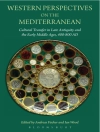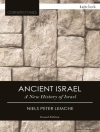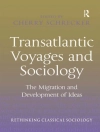Throughout the long nineteenth-century the sounds of liberty resonated across the Anglophone world. Focusing on radicals and reformers committed to the struggle for a better future, this book explores the role of music in the transmission of political culture over time and distance. Following in the footsteps of relentlessly travelling activists – women and men – it brings to light the importance of music making in the lived experience of politics. It shows how music encouraged, unified, divided, consoled, reminded, inspired and, at times, oppressed. The book examines iconic songs; the sound of music as radicals and reformers were marching, electioneering, celebrating, commemorating as well as striking, rioting and rebelling; and it listens within the walls of a range of associations where it was a part of a way of life, inspiring, nurturing, though at times restrictive. It provides an opportunity to hear history as it happened.
สารบัญ
Introduction: the sounds of liberty
1 Songs of the world
2 The sound of marching feet
3 Votes for a song
4 ‘Sing a Song of Sixpence’
5 Music, morals and the middle class
6 The challenges of uplift
7 ‘Sing of the warriors of labour’: radical religion, secularism
and the hymn
Conclusion: ‘And they sang a new song’
Index
เกี่ยวกับผู้แต่ง
Kate Bowan is Lecturer in the Centre for Heritage and Museum Studies at the Australian National University Paul Pickering is Dean of the College of Arts and Social Sciences at the Australian National University












